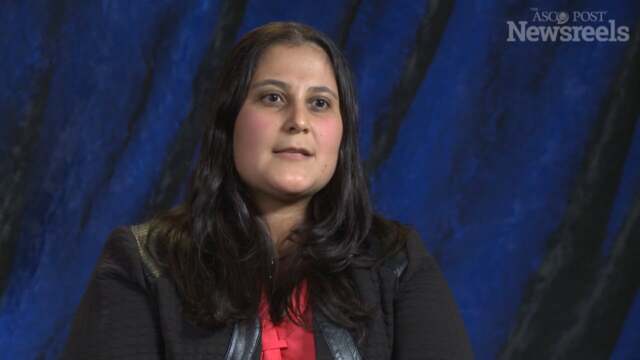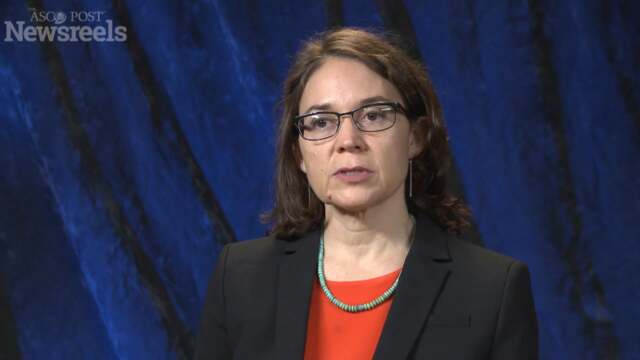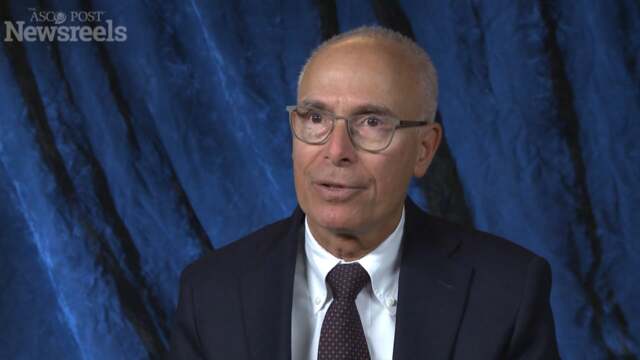Scott A. Irwin, MD, PhD, on Dealing With Delirium
2016 Palliative Care in Oncology Symposium
Scott A. Irwin, MD, PhD, of Cedars-Sinai’s Samuel Oschin Comprehensive Cancer Institute, discusses delirium—its definition, prevalence, consequences, assessment, and management.
Joseph A. Greer, PhD, of Massachusetts General Hospital, discusses the development of a mobile application to address treatment adherence and symptoms (Abstract 104).
Sriram Yennu, MD, of The University of Texas MD Anderson Cancer Center, discusses findings from a study of an international cohort of patients with advanced cancer who received palliative care. Nearly half the patients incorrectly believed their cancer was curable (Abstract 5).
Areej El-Jawahri, MD, of Massachusetts General Hospital, discusses ways in which palliative care can reduce symptoms, improve quality of life, reduce depression and anxiety, and potentially optimize end-of-life care for patients with hematologic malignancies.
Emily Haozous, PhD, RN, of the University of New Mexico, discusses health disparities and cultural differences in palliative and end-of-life care, with case study examples drawn from American Indian communities.
Stephen T. Sonis, DMD, DMSc, of Dana-Farber Cancer Institute, discusses the epidemiology, pathogenesis, and scope of oral complications of radiation therapy.





